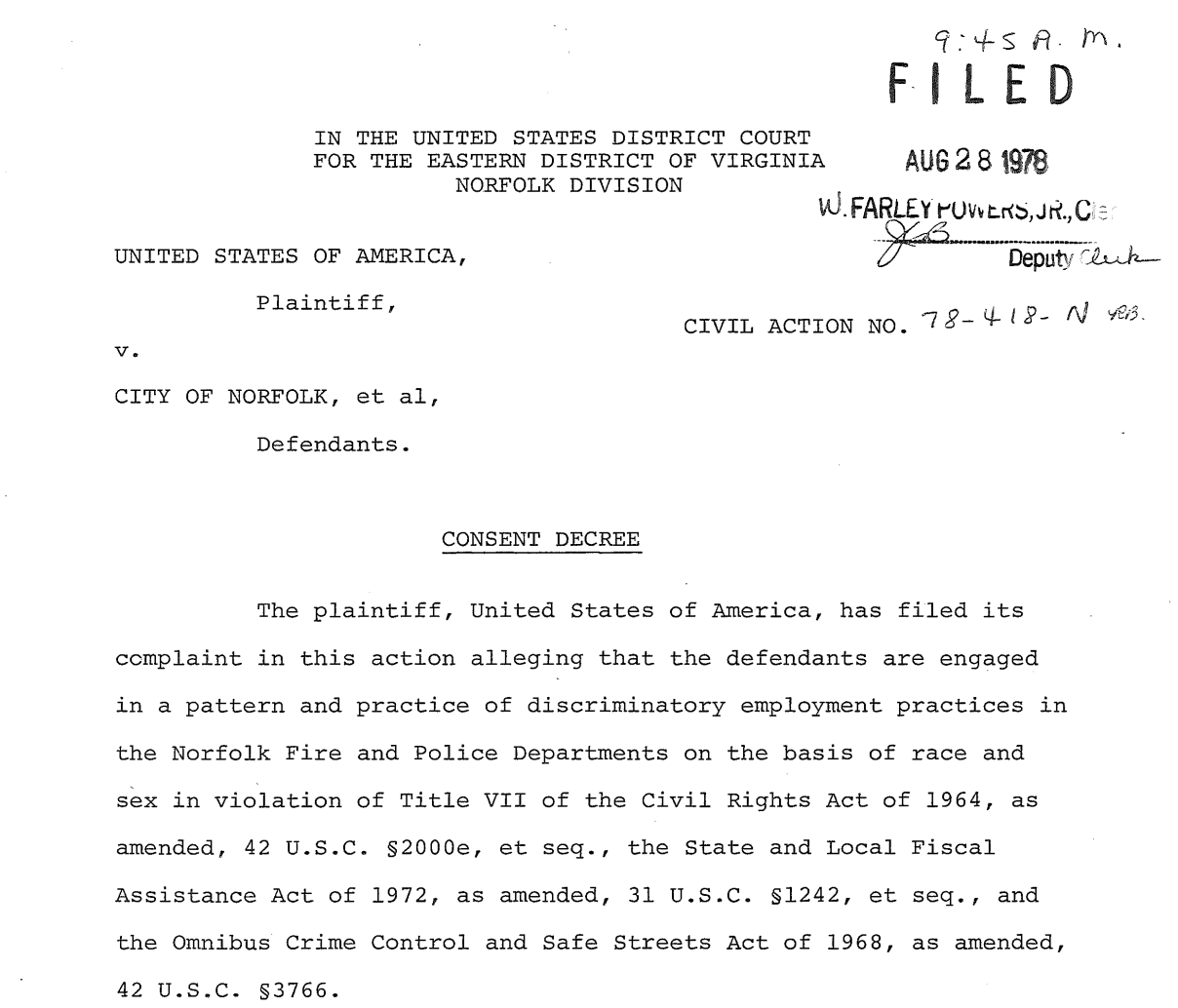New Case Collection: Trump Administration 2.0, Reversing Course on Existing Litigation
Oct. 2, 2025

A new Clearinghouse case collection includes matters in which the second Trump administration has reversed course, such as voluntarily dismissing lawsuits initiated by previous administrations, ending investigations, settling lawsuits previously defended, or seeking to terminate existing settlement agreements. For example:
In Luevano v. Ezell, the Administration jointly moved for relief from a 1981 consent decree addressing federal civil service hiring practices. The consent decree had eliminated the Professional and Administrative Career Examination and established two special hiring programs. In moving to terminate the consent decree and stipulating to dismissal of the lawsuit, the Director of the Office of Personnel Management asserted that the decree discriminated on the basis of race and that it had expired by its own terms. The case was dismissed on August 1, 2025.
In United States v. City of Norfolk, the United States filed an unopposed motion to dissolve a 1978 consent decree governing the City of Norfolk's hiring practices for its police and fire departments. The consent decree had established interim and long-term hiring goals, required affirmative recruitment measures, and mandated compliance with anti-discrimination laws. The United States argued that the decree was no longer necessary because the City had surpassed its hiring objectives and had “substantially changed its employment practices.” On August 11, 2025, the court dissolved and vacated the consent decree, finding substantial compliance and good faith efforts regarding lawful hiring practices.
In United States v. City of Minneapolis, while a joint motion to approve a consent decree that would have required the City to implement reforms within the Minneapolis Police Department was pending, the United States filed a motion to dismiss, stating that it no longer believed the consent decree would be consistent with the public interest. The case has since been dismissed with prejudice.
Read about these and other cases in the Trump Administration 2.0: Reversing Course on Existing Litigation collection.